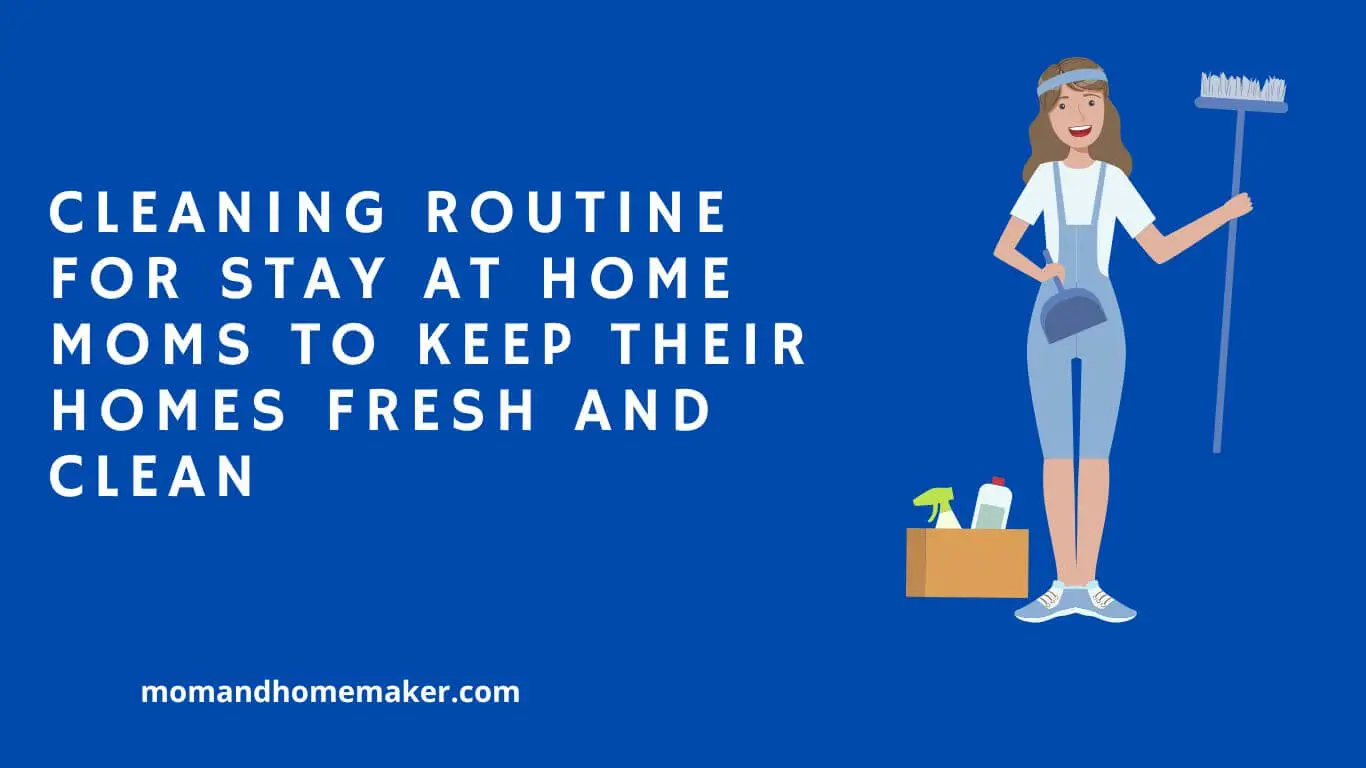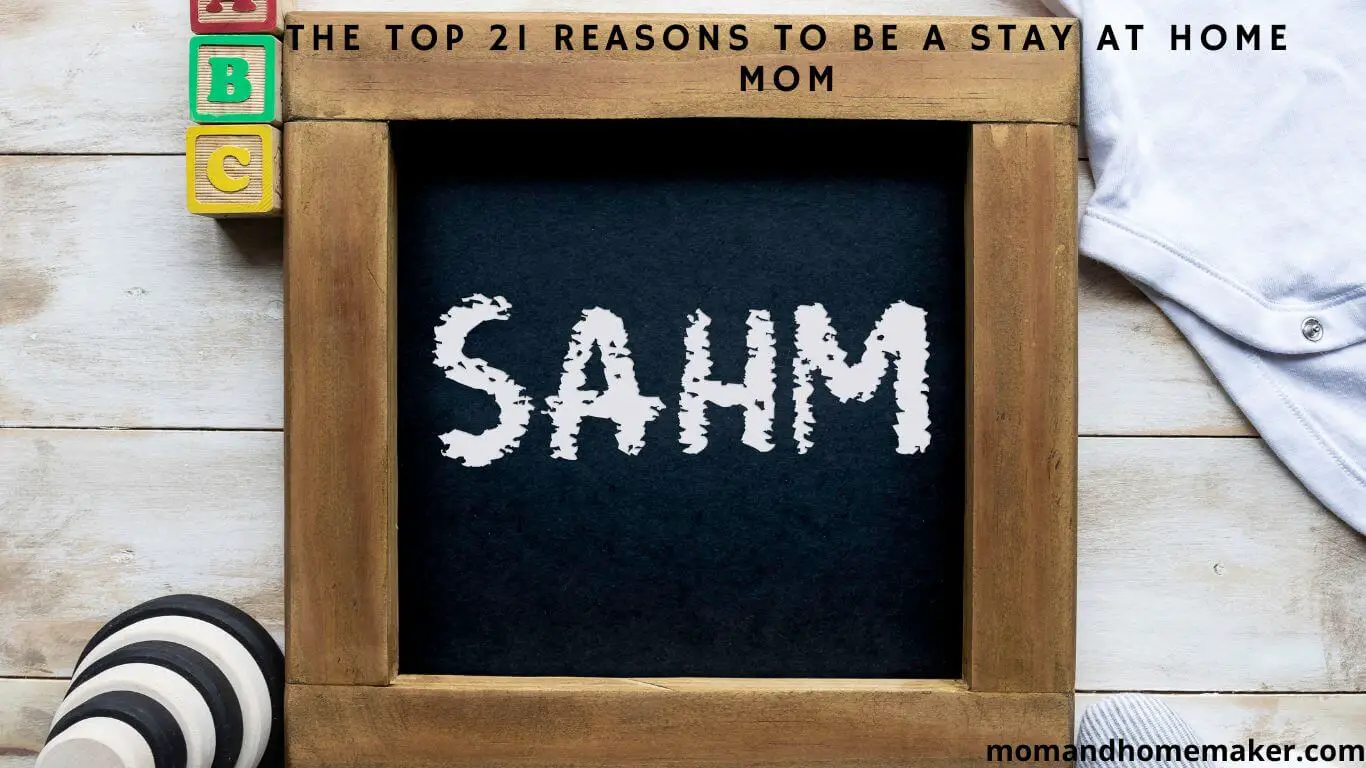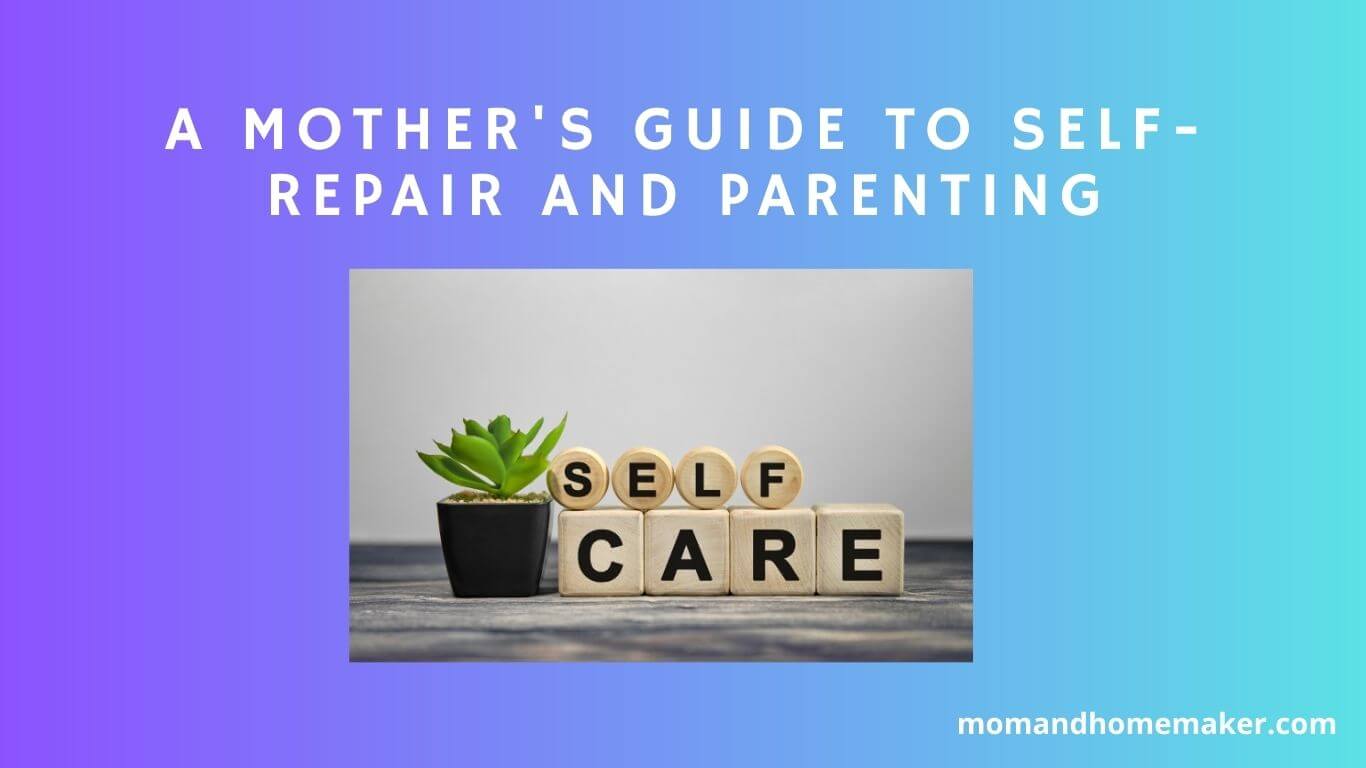Being a stay-at-home mom can pose challenges, such as the lack of financial independence. This is just one of the potential downsides to this role.
It’s important to consider how staying at home can impact various aspects of your life. By exploring these disadvantages further, you can gain insights into the complexities of this choice and learn how to navigate them effectively.
Lack of Financial Independence
Choosing to be a stay-at-home mom can bring about challenges related to financial independence, impacting your financial well-being. Depending solely or mostly on your partner’s income can lead to financial struggles, requiring careful budgeting and prioritizing expenses to make ends meet. This situation may also trigger feelings of identity crisis, making you question your worth and capabilities beyond the traditional workforce. Such internal conflicts can affect your self-esteem and sense of empowerment.
It’s important to recognize the value of your role as a stay-at-home mom, even though it may not come with a paycheck. Your contributions to your family’s well-being through love, care, and support are significant.
To address these challenges, consider exploring opportunities to earn income from home, such as freelancing, starting a small business, or pursuing remote work options.
Finding ways to contribute financially while being available for your family can help restore a sense of independence and fulfillment. Remember, your worth isn’t solely defined by financial contributions, but also by the everyday support you provide to your family.
Social Isolation
Being a stay-at-home mom can sometimes lead to feelings of social isolation, which can affect your well-being and connection with others. It’s important to recognize the challenges that come with social isolation and take proactive steps to address them.
- Limited Adult Interaction: Spending most of your time with children can result in a lack of adult conversation and connection, leading to feelings of loneliness.
- Loss of Identity: Being constantly in a caregiving role may cause you to lose touch with your own identity and interests outside of motherhood.
- Difficulty Making Plans: Coordinating schedules with friends or family members for social activities can be challenging due to your responsibilities at home.
- Emotional Impact: Social isolation can take a toll on your mental health, causing feelings of anxiety, depression, or low self-esteem.
- Importance of Self-Care: Prioritizing self-care activities, such as finding time for hobbies, exercise, or seeking support from other moms, is crucial for maintaining your well-being.
Diminished Career Opportunities
Experiencing limited career opportunities as a stay-at-home mom can have a lasting impact on your professional growth and financial stability. Choosing to prioritize your family often means taking a break from work, which can result in missed promotions, pay raises, and valuable experience.
This decision may lead to career setbacks, such as a resume gap that could raise concerns for future employers. Re-entering the workforce at the same level may be challenging, slowing down your career progression and limiting growth opportunities.
While staying home with your children is rewarding, it’s important to consider the long-term effects on your career. The sacrifices made for your family may result in lower earning potential and financial independence in the future.
It’s crucial to balance the benefits of being present for your family with the challenges of diminished career prospects to make an informed decision aligned with your goals and aspirations.
Monotony and Routine
Being a stay-at-home mom means dealing with the daily routine and monotony of looking after your family, which can sometimes feel overwhelming and repetitive. While taking care of your loved ones brings immense joy, it’s important to recognize the challenges that come with the constant cycle of tasks and responsibilities.
To break the monotony and infuse some freshness into your routine, consider the following tips:
- Explore Creative Activities: Engaging in pursuits like painting, crafting, writing, or cooking can offer a welcome break from the daily grind. Let your creativity flow and enjoy the process of creating something new.
- Prioritize Self-Care: Amidst caring for others, don’t forget to take care of yourself. Whether it’s a relaxing bath, a quiet moment with a book, or a short walk outdoors, self-care plays a vital role in maintaining your well-being.
- Connect with Fellow Moms: Reach out to other stay-at-home moms in your community or online. Sharing experiences and building connections with those who understand your journey can help alleviate the monotony and foster a sense of camaraderie.
- Introduce Variety in Your Routine: Try making small changes to your daily schedule. Whether it’s switching up your chores, experimenting with a new recipe, or embarking on a spontaneous outing, injecting some novelty into your routine can bring a sense of excitement.
- Set Attainable Goals: Establish realistic goals for yourself beyond your daily tasks. Whether it’s learning a new skill, volunteering, or pursuing a hobby, having goals can add purpose and diversity to your days.
Emotional Toll
Coping with the emotional challenges of being a stay-at-home mom can be tough. Balancing the needs of your family while dealing with your mental well-being can be overwhelming.
The constant demands, lack of personal time, and feelings of isolation can really take a toll on you. It’s important to acknowledge these difficulties and find ways to cope to support your mental health.
Seeking emotional support is crucial when you’re a stay-at-home mom. Connecting with other parents in similar situations can help you feel less alone and more understood.
Talking to friends, family, or a therapist can also provide valuable emotional support. Remember, it’s perfectly okay to ask for help when you need it.
Incorporating self-care practices into your daily routine can help ease some of the emotional strain. Taking even just a few minutes for yourself each day can make a big difference. Engaging in activities that bring you joy, like reading, going for a walk, or practicing mindfulness, can help.
Remember, taking care of yourself isn’t selfish; it’s necessary for your well-being.
Unequal Distribution of Household Responsibilities
Balancing household responsibilities can be challenging when one partner’s workload is significantly heavier than the other’s in a situation where one partner stays at home.
This imbalance can strain the dynamics of a marriage and lead to feelings of resentment and misunderstanding. It’s crucial to address these issues to maintain a healthy and harmonious household environment.
Here are some common challenges that may arise:
- Relationship Strain: When household responsibilities are unevenly distributed, it can strain the relationship between partners, causing negative feelings to arise.
- Gender Expectations: Traditional gender roles might influence the division of tasks, with the assumption that certain responsibilities belong exclusively to the stay-at-home parent, perpetuating outdated stereotypes.
- Time Constraints: Handling all household duties alone can be overwhelming, leaving little time for self-care or personal pursuits.
- Self-Care Neglect: Neglecting self-care due to an uneven distribution of responsibilities can lead to burnout and have a detrimental effect on both physical and mental well-being.
- Communication Challenges: A lack of open communication about how tasks are divided can result in pent-up frustrations and unmet expectations, disrupting the overall harmony of the family.
To address these challenges effectively, it’s essential to communicate openly, set boundaries, and redistribute tasks to create a more balanced and fulfilling family life. Remember, prioritizing self-care and fostering a supportive partnership are key to navigating these challenges successfully.
Limited Adult Interaction
As a stay-at-home mom, limited adult interaction can present unique challenges when it comes to staying connected and fulfilled socially. While taking care of your children is rewarding, the absence of regular adult conversations may lead to feelings of isolation. However, there are ways to address this issue effectively.
Making online friends can offer a sense of camaraderie and support from fellow stay-at-home moms who understand your experiences. Engaging in virtual networking allows you to connect with a diverse range of individuals, fostering social connections from the comfort of your home.
Seeking out community support through local groups or online forums can provide a sense of belonging and opportunities for socializing. Actively participating in social activities like playgroups or classes can help you build relationships with other adults and combat feelings of isolation.
Remember, prioritizing personal fulfillment and social connections is crucial for your overall well-being as a stay-at-home mom.
Loss of Personal Identity
Experiencing a loss of personal identity is a common challenge for stay-at-home moms as their focus shifts primarily towards caring for their children and family. This shift can sometimes lead to an identity crisis and a dip in self-esteem as the demands of motherhood take center stage.
Here are some important points to consider:
- Identity Crisis: Feeling lost or confused about who you are beyond being a mom is normal. Remember, you’re a unique individual with interests and passions outside of caregiving.
- Self-Esteem: Your self-worth may be linked to external validation, but it’s crucial to nurture self-love and confidence from within. Take time to acknowledge your strengths and achievements.
- Personal Growth: Despite the challenges, being a stay-at-home mom can also be a chance for personal development. Use this time to explore new hobbies, acquire new skills, or set personal goals.
- Self-Care: Prioritizing self-care isn’t selfish; it’s essential for your well-being and that of your family. Remember to take care of yourself.
- Seek Support: Connect with other moms or join support groups to interact with individuals who understand the journey you’re on. Sharing experiences and tips can be empowering.
Feeling Undervalued
Feeling undervalued as a stay-at-home mom can stem from not receiving recognition for the essential role you play in your family’s daily life.
The dedication you show in nurturing your family may sometimes go unnoticed, leading to feelings of being taken for granted. It’s common to struggle with self-care when your focus is on meeting others’ needs, leaving little time for personal growth or fulfillment.
Challenges with recognition can worsen feelings of undervaluation. When your efforts aren’t acknowledged or appreciated, it can be disheartening. Open communication with your partner about the importance of feeling valued and respected can help bridge this gap.
Healthy relationships thrive on mutual appreciation and understanding of each other’s contributions.
Impact on Mental Health
Being a stay-at-home mom comes with significant challenges that can take a toll on your mental well-being. It’s crucial to prioritize your mental health to effectively care for your family. Here are some important points to keep in mind:
- Self-Care Practices: Make time for self-care in your daily routine, even if it’s just for a few moments. Taking care of yourself helps you recharge and better handle the demands of being a stay-at-home mom.
- Healthy Coping Strategies: Find healthy ways to cope with stress and difficult emotions, such as journaling, exercising, or talking to a trusted friend. Having effective coping mechanisms can greatly improve your mental well-being.
- Support System: Build a strong support network of friends, family, or other stay-at-home moms who understand your challenges. Having people to lean on for emotional support and practical help is invaluable.
- Community Resources: Look into local parenting groups, counseling services, or online forums where you can connect with other moms facing similar struggles. These resources can offer valuable insights and a sense of belonging.
- Setting Boundaries: Establish boundaries to protect your mental health. Learn to say no to additional responsibilities that may overwhelm you and prioritize activities that bring you joy and relaxation. Remember, it’s okay to put your well-being first.
Conclusion
Being a stay-at-home mom comes with its challenges. It can mean relying on someone else for financial support, feeling isolated from social interactions, and having limited career growth opportunities.
The daily routine can become monotonous, leading to emotional strain and a lack of adult interaction. Many stay-at-home moms also struggle with maintaining their personal identity and feeling undervalued. These factors can take a toll on mental health.
Despite the difficulties, many mothers find fulfillment in their role and strive to navigate these challenges with resilience and determination.









